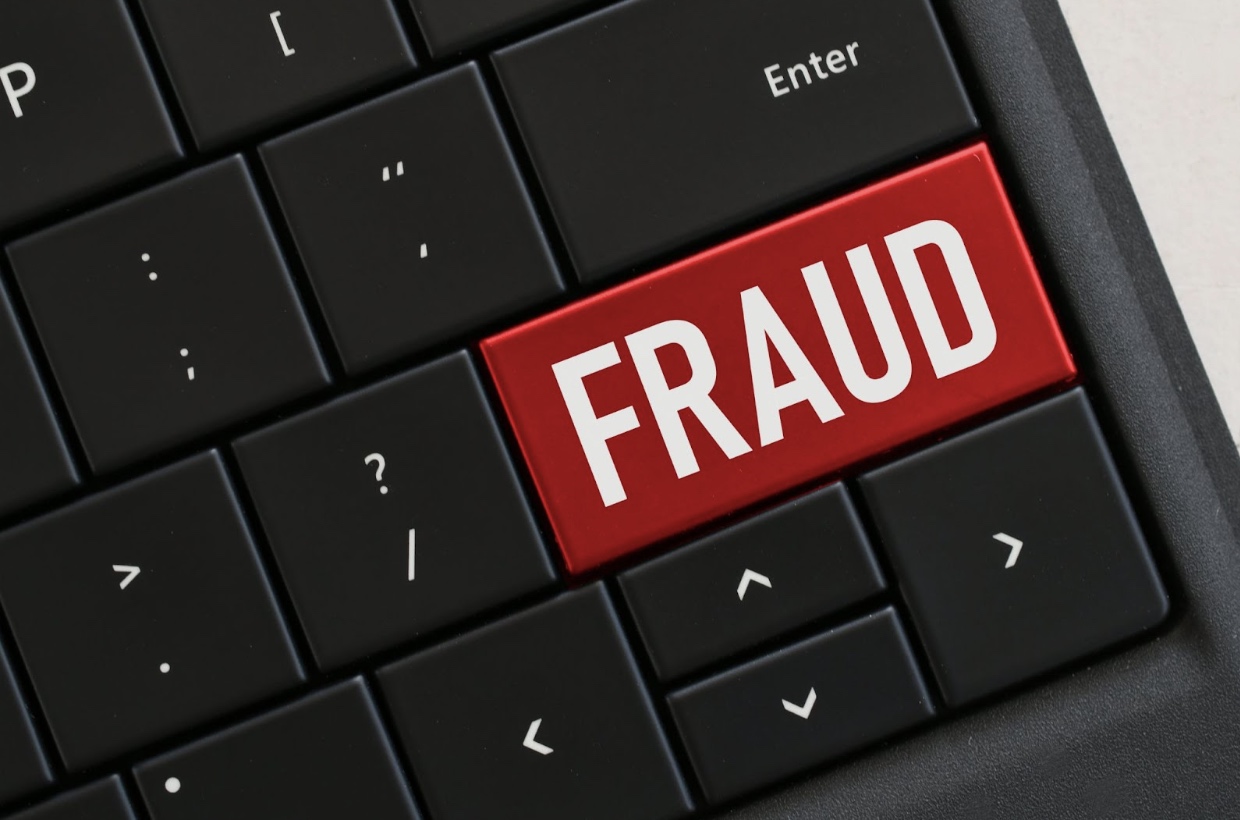Homeowners are looking at refinancing when they believe that they could get better terms on their mortgage. There is not much to it – you find a lender that is willing to offer a good deal, get preapproved, sign the papers, and pay monthly installments just like before.
However, there are greedy people on the mortgage market who are searching for naive borrowers to exploit for a quick dollar. Being aware of the methods that they use is one of the best ways to protect yourself from these scams.
Loan flipping, for example, comes in different forms and often looks innocent. Loan flippers present themselves as people who want to help you, but are actually magnificent and money-hungry. Wanna know more? Read this article to find out all there is to know about loan flipping.
What is Loan Flipping?
Loan flipping definition says that it is a scamming practice used by greedy and predatory lenders. It refers to manipulated and unnecessary refinance, that puts the borrower in even
more debt. Those so-called lenders will often seek out people on their phone or email and coax them to refinance their loan, promising much better terms and smaller monthly payments.
However, what usually happens is that they are lowering the rate for the first part of the loan, and request balloon payments by the end. People then need to either refinance again or lose their real estate and the equity they invested in it.
Additionally, those predatory lenders offer a lower interest rate but add fees, points, and expenses that put the borrower in an unfavorable position. This scam targets people that want to cash out their equity when they refinance. Cash-out refinancing is not a scam in and of itself, but predatory lenders often use it to manipulate people who are in need of cash.
Greedy mortgage salesmen sometimes add fees to the loan amount, so the borrower won’t notice how high they actually charge. This is common practice with loan flippers, who are very naggy and persuasive in their scam.
Other Types of Mortgage Fraud
Besides loan flipping, there are several other types of scams to look out for. Those people always create new ways to earn a quick buck in a deceiving way. While loan flipping might strip you out of equity, it is not the flipper’s intention to steal your property – just your money.
On the other hand, there are mortgage scammers who aim to manipulate the borrower and take their property without them realizing it before it’s too late. Some convince their borrowers to borrow more than they can bear, often targeting those with low income but high equity.
Some predatory lenders will wait until a borrower has no other choice and offer them a “nice” gesture – you sign over the deed of the house to me, and you can pay me back when you refinance, until when I’ll rent you the house. What actually happens is that a borrower gets evicted, the house gets sold or borrowed against, and the scammer runs away with the money.
Who Can Fall Victim to Predatory Lenders?
Predatory lenders are targeting financially vulnerable people, those who are marginalized or don’t have a good relationship with the authorities. They target naive people, without real estate experience or knowledge, and those who have recently found themselves in a bad financial situation.
Seniors are especially vulnerable to these scammers, because they are trusting of people, have a large equity in their house, and sometimes have cognitive issues due to old age. Statistically, seniors are the most likely to be frauded with loan flipping.
Minorities are also on loan flippers’ radar, especially immigrants who don’t know the language so well. Additionally, scammers take advantage of the fact that there is a smaller chance of a minority contacting authorities or asking for help from the official channels.
Anyone who is vulnerable enough can fall victim to these people, as they have no scruples. They often call inappropriately often, create websites that look legit, and even assume the role of a government official.
The fact of the matter is that their only motive is to take as much money as they can, without any regard for the borrower’s well-being.
How to Protect Yourself?
Unfortunately, nowadays it seems like you need to be really tech-savvy and have a high level of digital literacy to recognize scammers, and even then you might fall for it. So the best way to protect yourself from these people is to know their methods and educate yourself about the borrowing process.
Don’t trust those lenders who target you personally. Yes, most lenders are advertising, you can see their ads online, in local papers, or on TV commercials. However, those who call you phone or email you directly are probably shady, and it is better to ignore them.
Instead, find a credible lender with a license and pristine reputation. Find someone who seems genuine and trustworthy or at least someone who already had worked with a member of your friends and family.
Steer clear from unrealistic offers, because more often than not they are too good to be true. Rather, be realistic about your financial situation, know what you can afford, and don’t allow compromise above that limit.
Explore other options of financing – it is better to call a friend or family member than to work with shady lenders. And, the most important way to protect yourself is never to lie about your income or invest the money that you don’t have yet.
Some people give false information about their salary upon loan application, and others rely on future profits. Doing these things you are risking your homeownership in the long run.
What to Do if You Become a Victim of Mortgage Fraud?
There are many laws protecting borrowers from loan fraud, and one of them is The Truth in Lending Act which includes an obligation to disclose every part of the cost. The lender has a legal obligation to tell you exactly how much you’re paying for the loan amount, interest rate, costs, etc.
If you become a victim of a loan scam, the first thing to do is to contact local law enforcement, the state attorney general, and the Federal Trade Commission. FBI could be of assistance, but these three calls should be the first thing you do. Collect all documents and trust that those with bad intentions will get caught.




